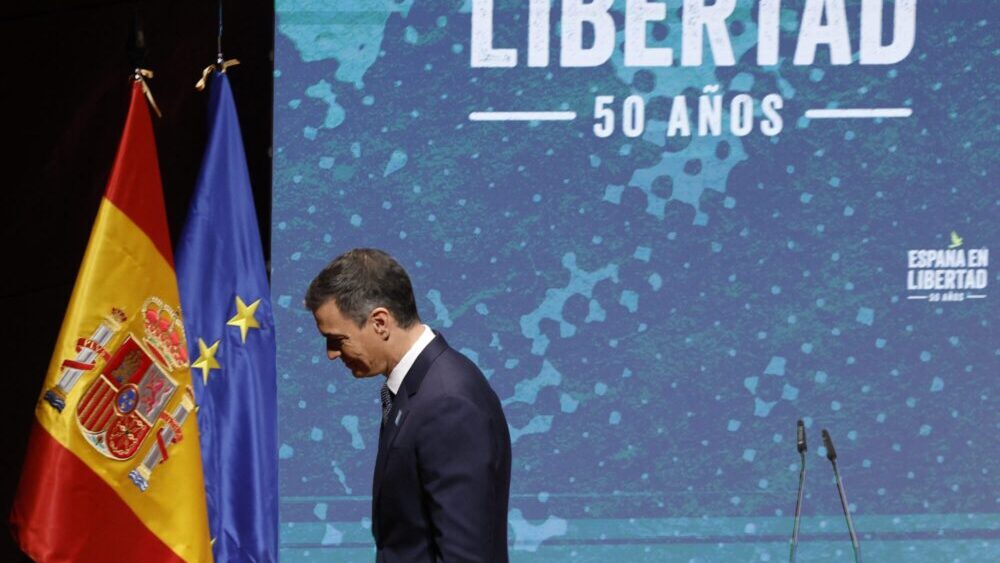
Pedro Sánchez
OSCAR DEL POZO / AFP
As NATO chief Mark Rutte visits Madrid to meet Spanish leader Pedro Sánchez, criticism mounts over Spain’s lacklustre defence spending, which remains the lowest among NATO’s 32 members. Despite being a vocal supporter of military and financial aid to Ukraine, Sánchez appears unwilling to prioritise Europe’s self-defence capability.
Spain’s military expenditure, at just 1.28% of GDP, is far below NATO’s recommended 2% threshold—a target most alliance members have already achieved. While Sánchez has pledged to reach this level by 2029, Rutte recently emphasised the urgency of bolstering collective defence, warning that NATO cannot afford further delays. “Those who are not at 2% have to get to 2% in a couple of months,” Rutte said at the World Economic Forum.
Sánchez insists that Spain is a “reliable” NATO ally and has boasted about a 70% increase in defence spending over the past decade. Yet critics argue this is still nowhere near enough given the escalating security threats in Europe. Spain’s geography, distant from NATO’s eastern flank, and its historical aversion to militarism—rooted in the legacy of Francisco Franco’s dictatorship—have contributed to public scepticism about defence investments.
Spain’s relatively tiny defence budget also comes despite public spending rising to record levels. In the second quarter of 2024, it reached an all-time high of €75.52 billion. However, much of this has gone on socialist welfare policies rather than defence.
The debate is not isolated to Spain. In the UK, Prime Minister Keir Starmer is also resisting calls from U.S. president Donald Trump to raise military spending to 2.5% of GDP, citing strained public finances—a concern that was conspicuously lacking when he recently made lofty promises of support to Ukraine’s Volodymyr ZelenskyWhile acknowledging the need for increased defence investment, he is currently only committed to a strategic review.
As Rutte’s visit highlights, Sánchez’s reluctance to prioritise defence spending jeopardises Europe’s security and undermines NATO’s cohesion. His unwavering support for Ukraine contrasts sharply with his apparent indifference to building Europe’s defence capability, a stance that leaves allies questioning Spain’s long-term reliability.
